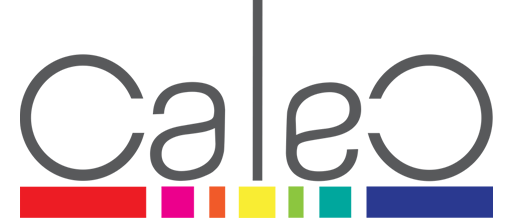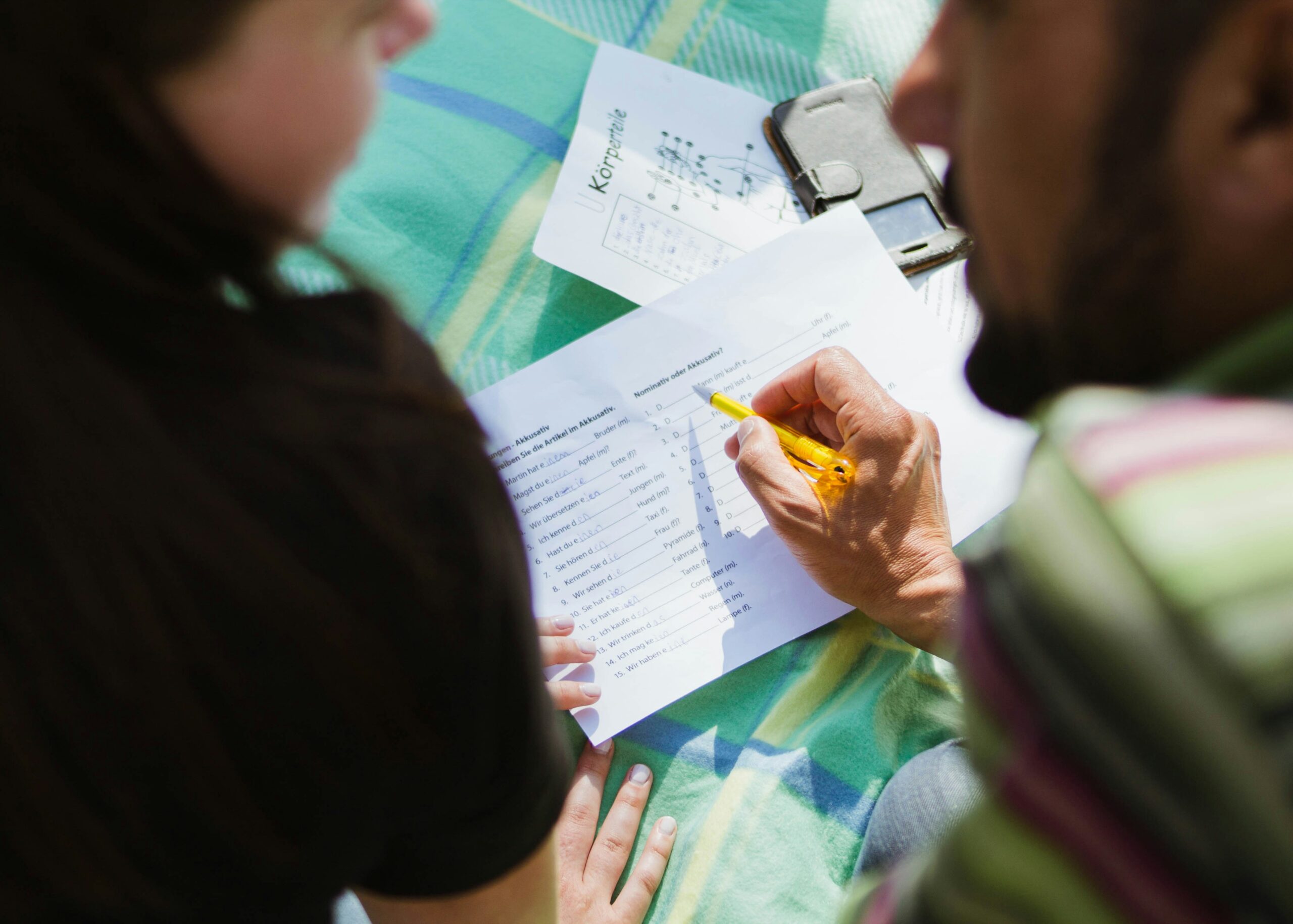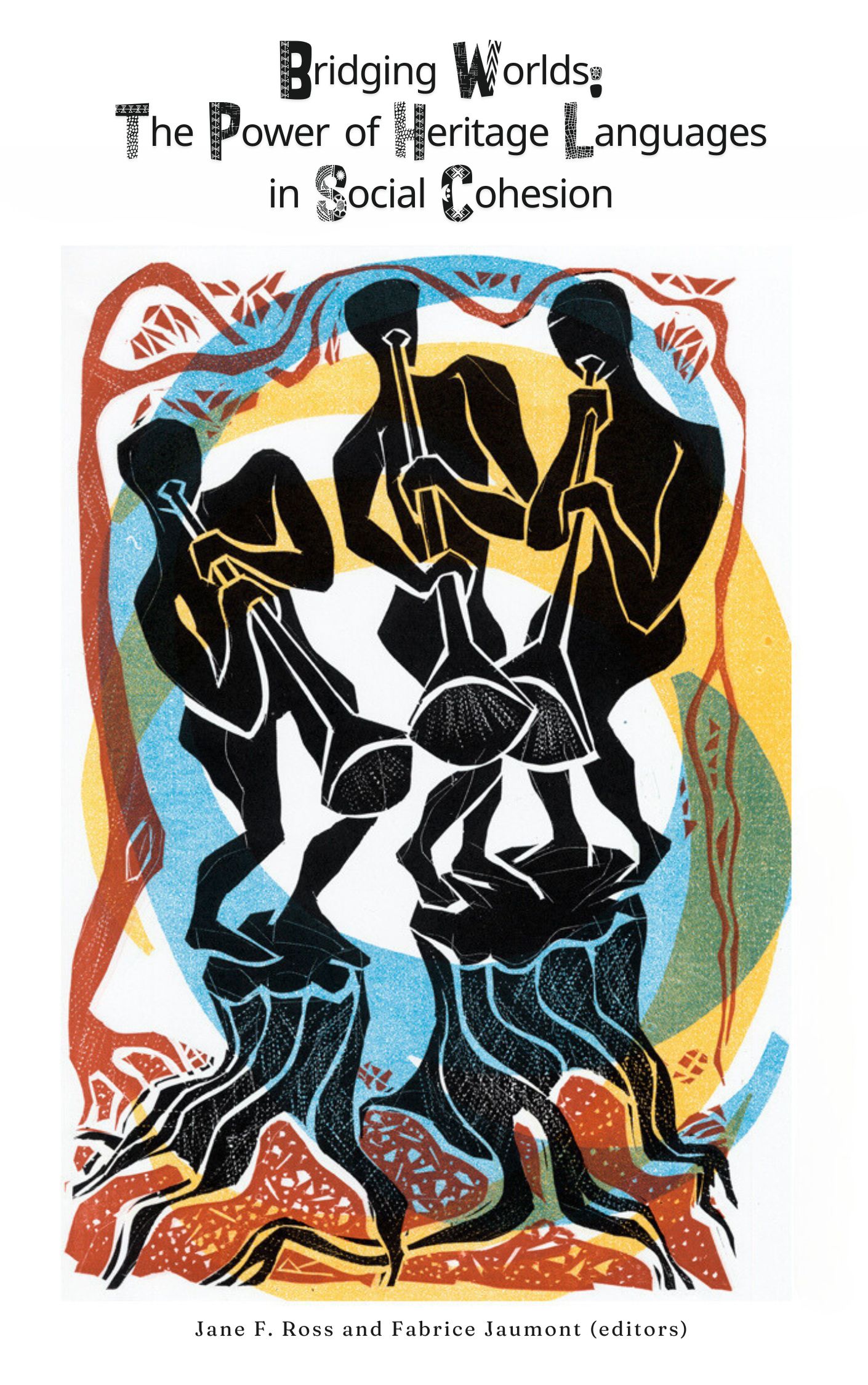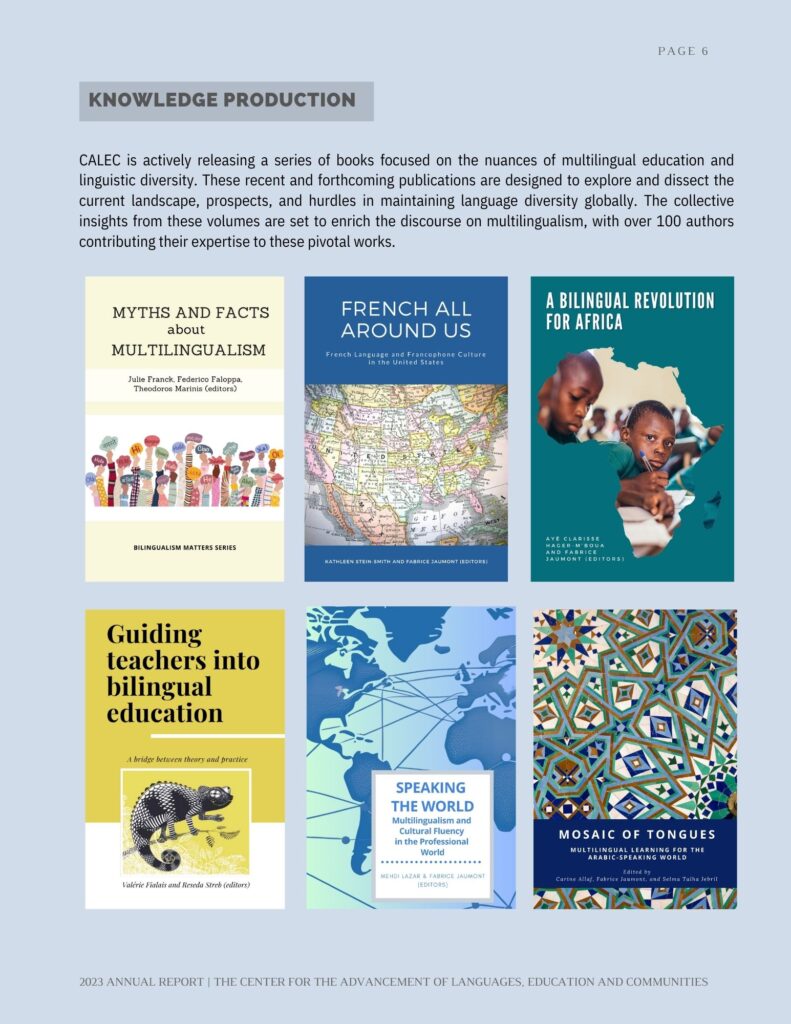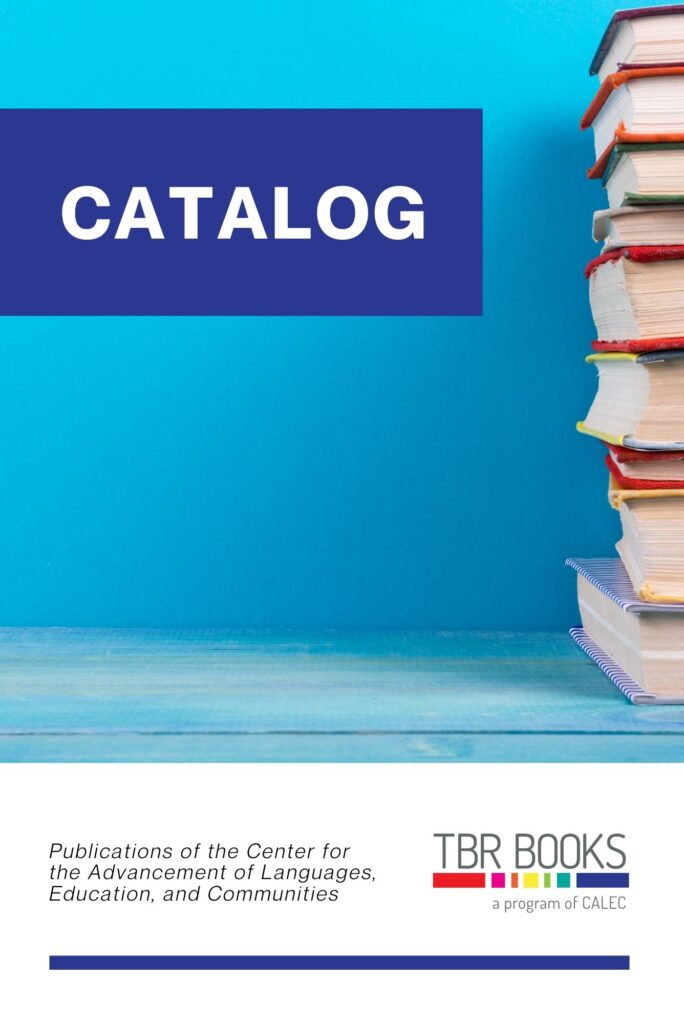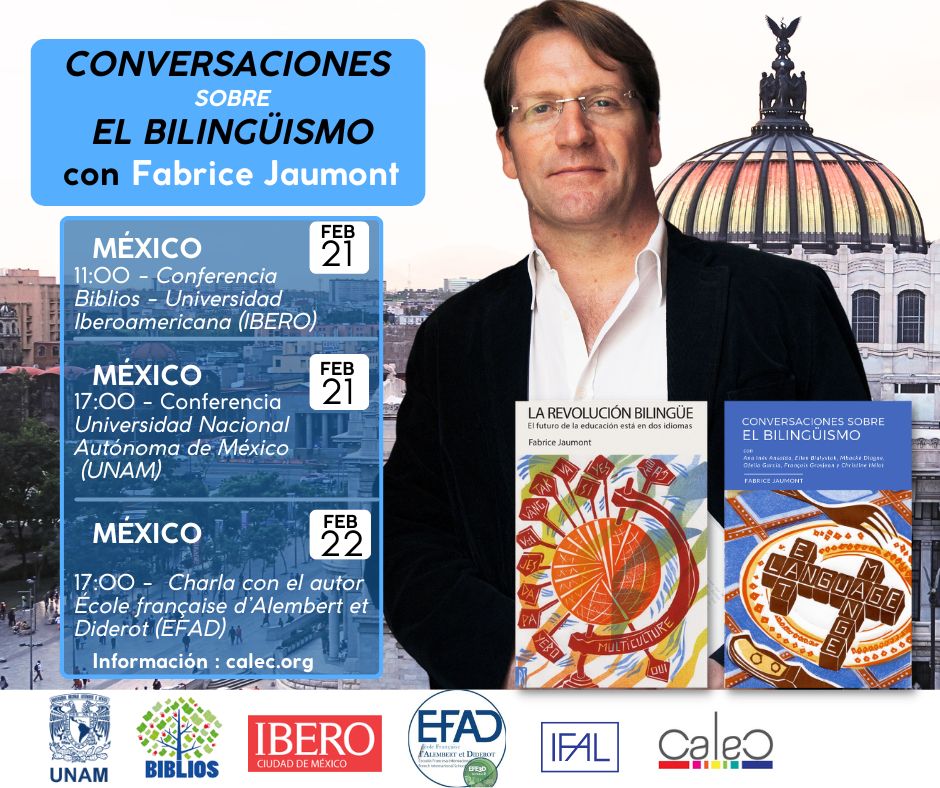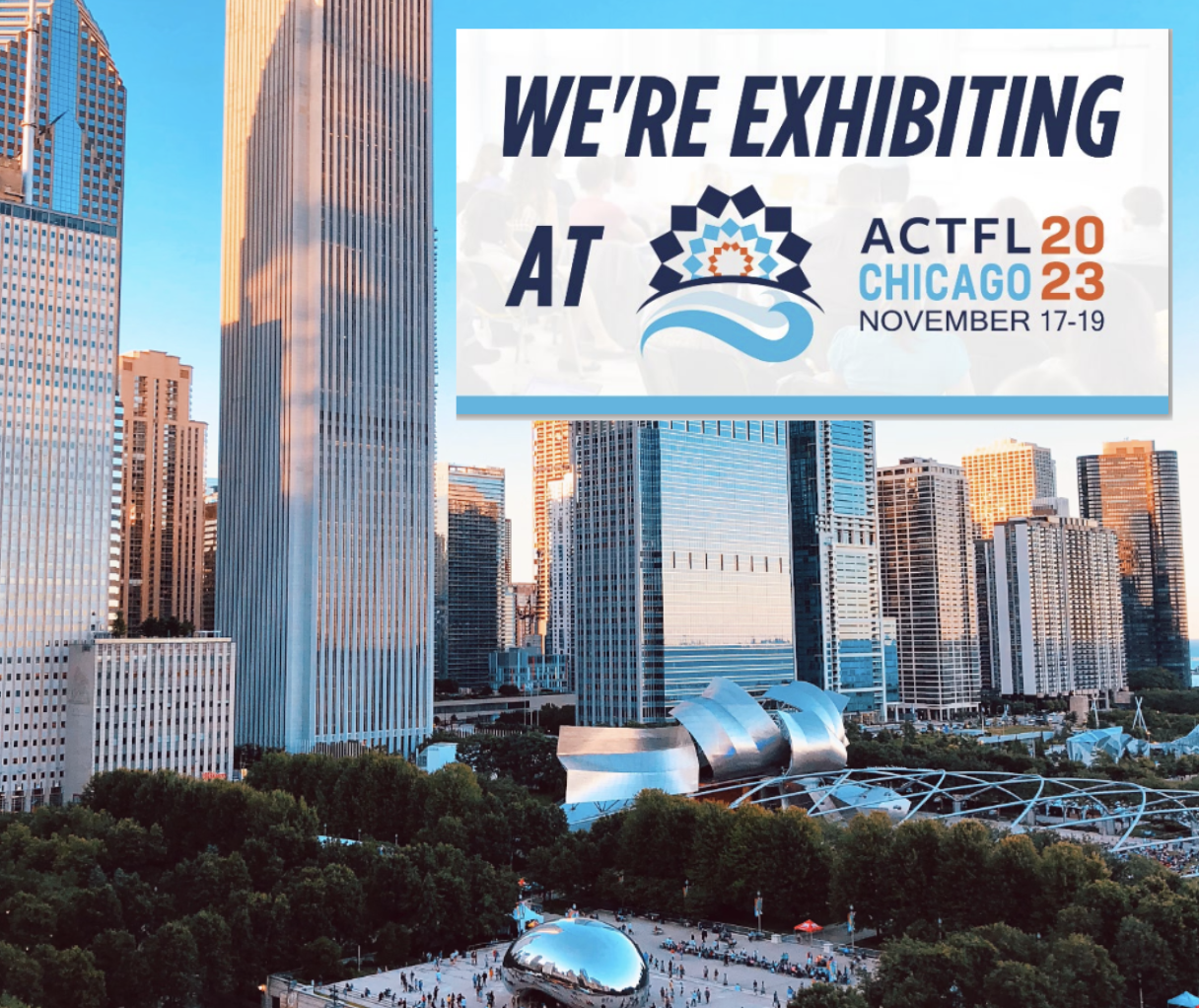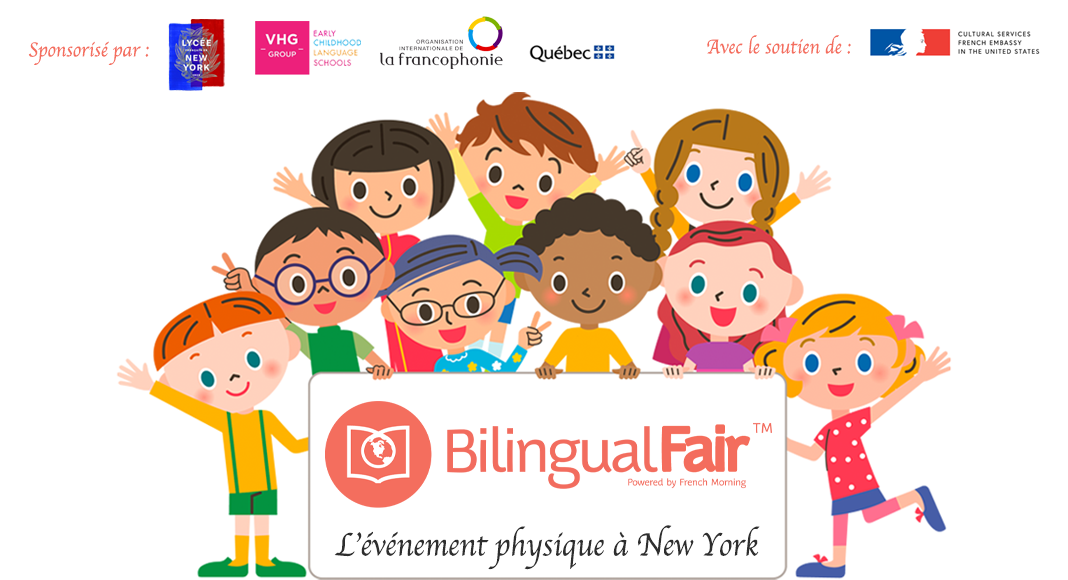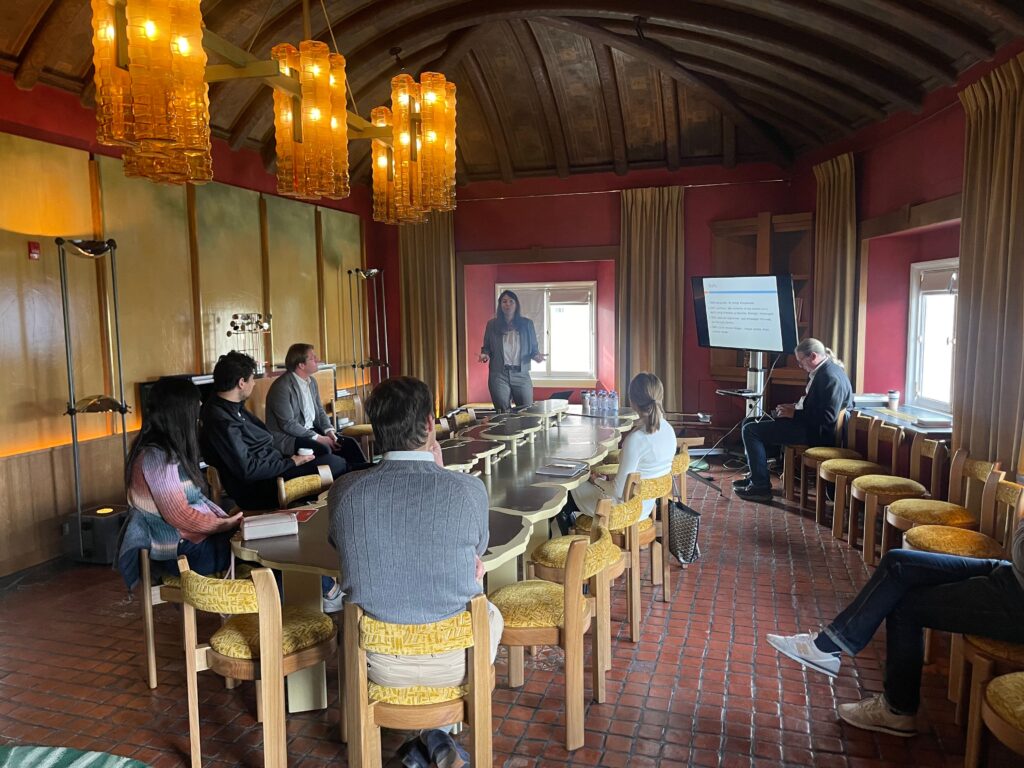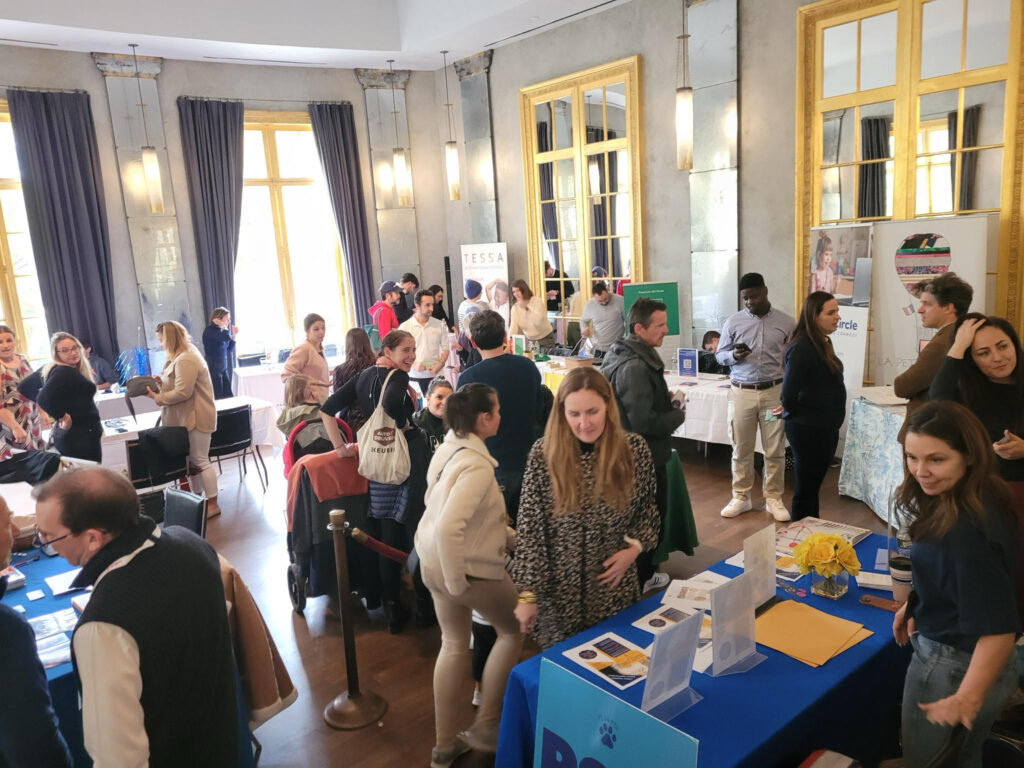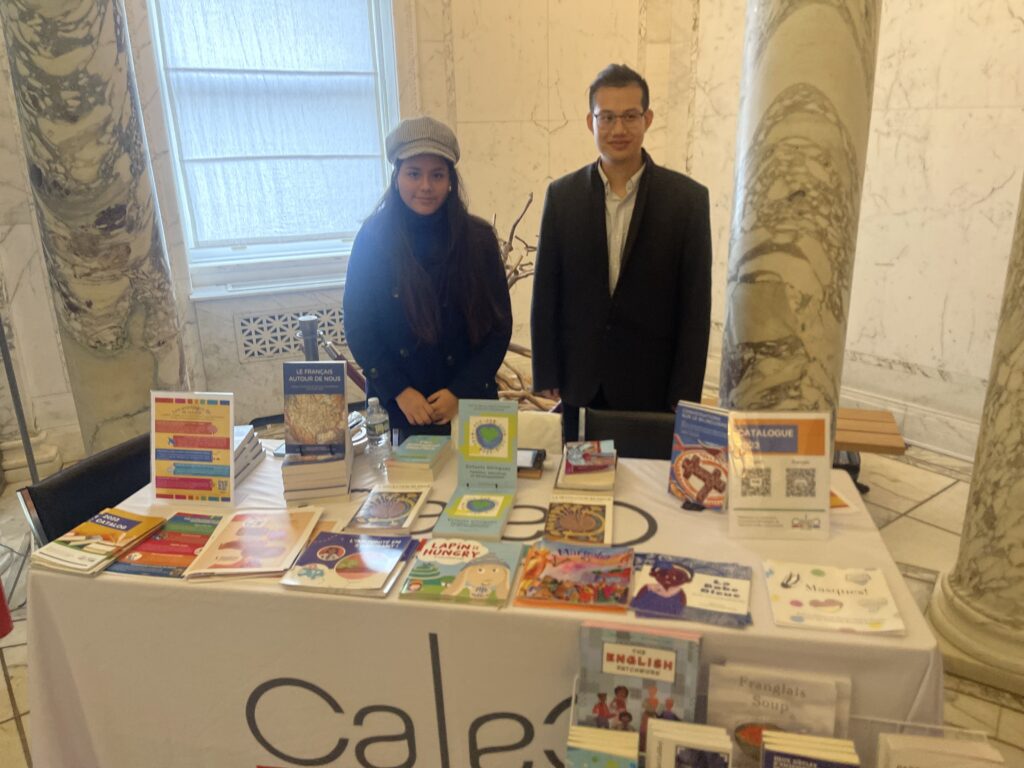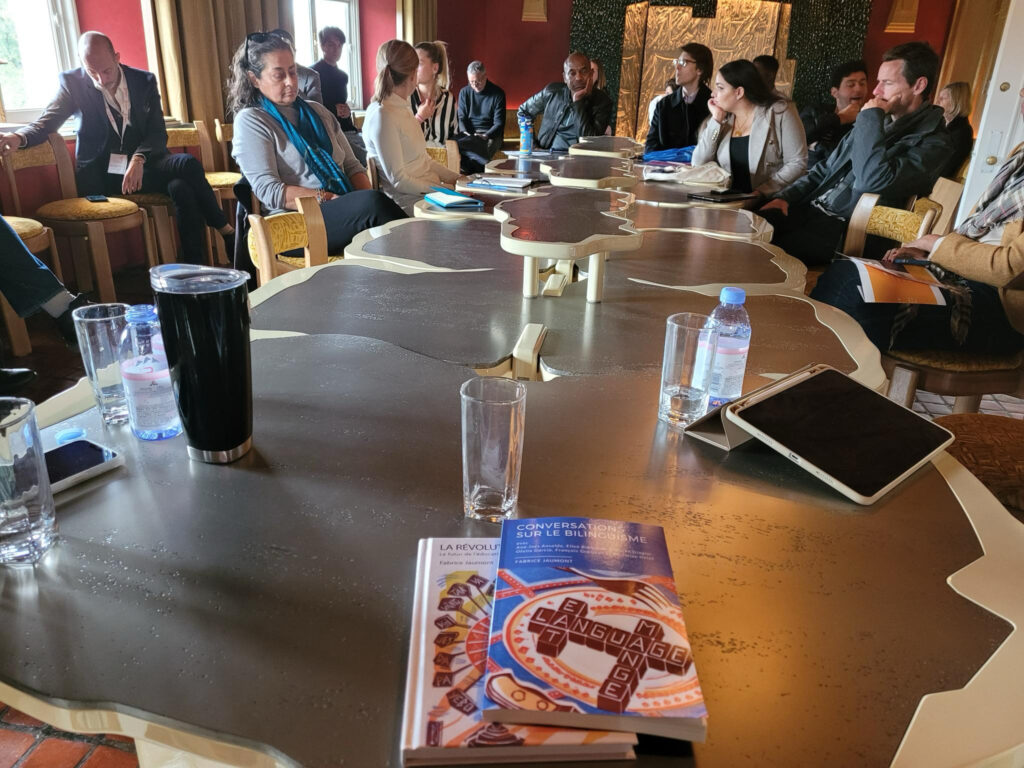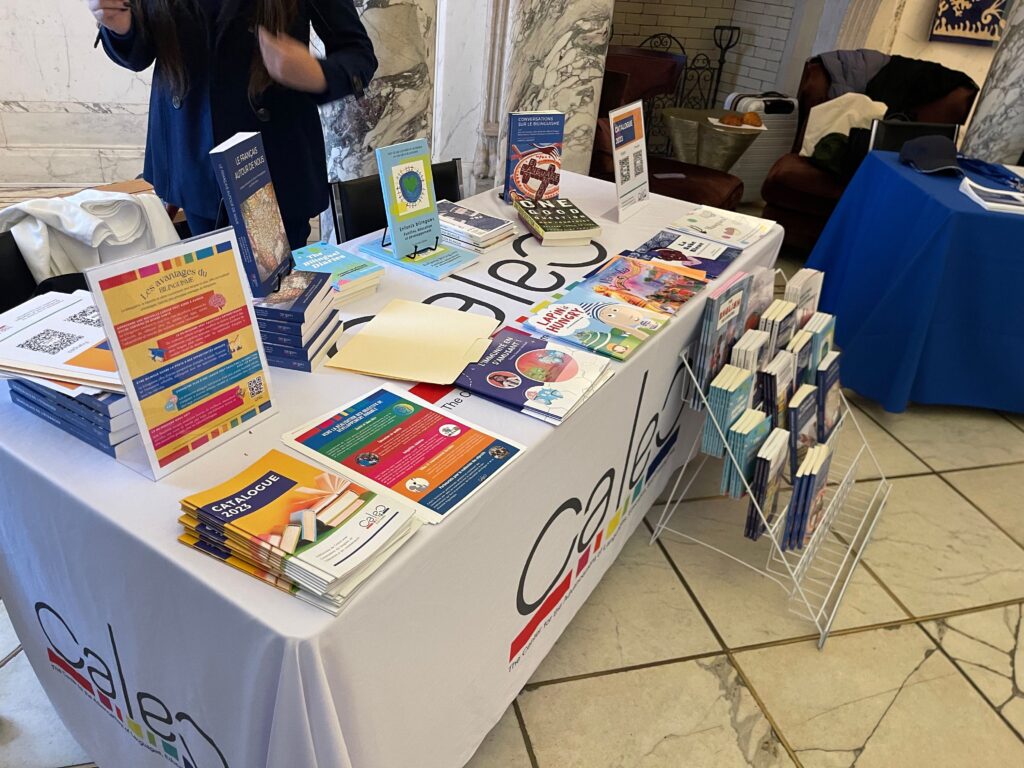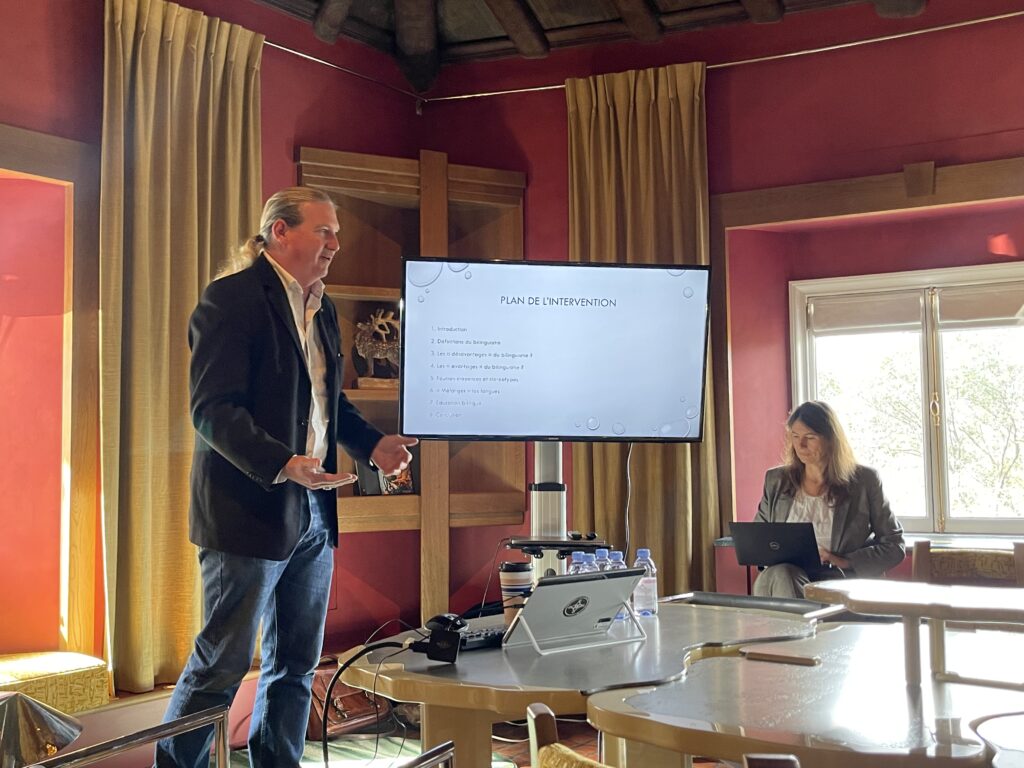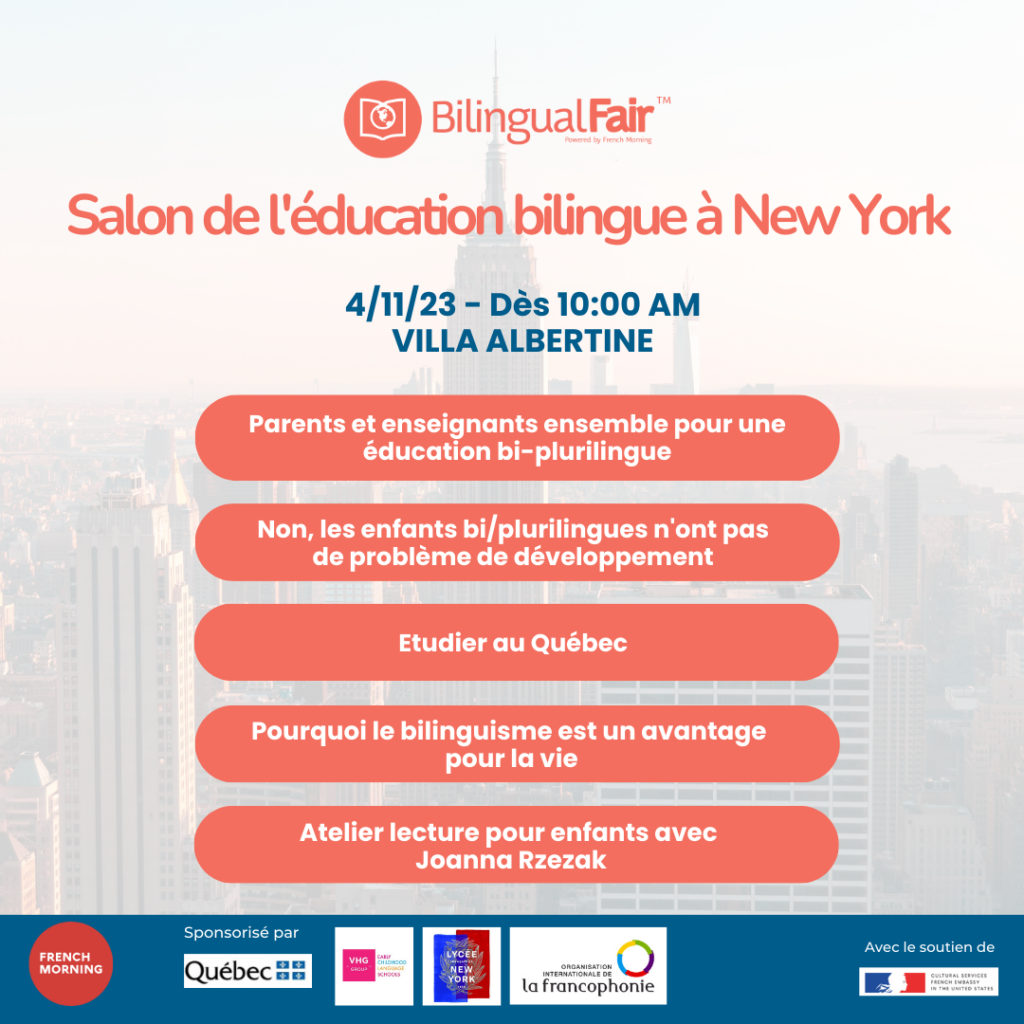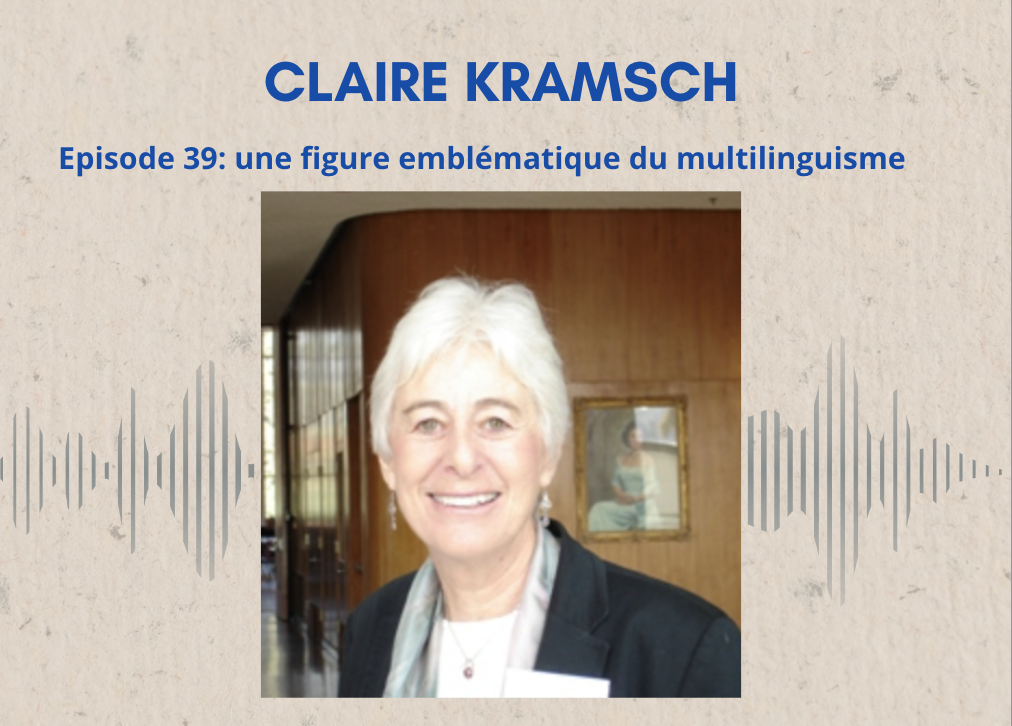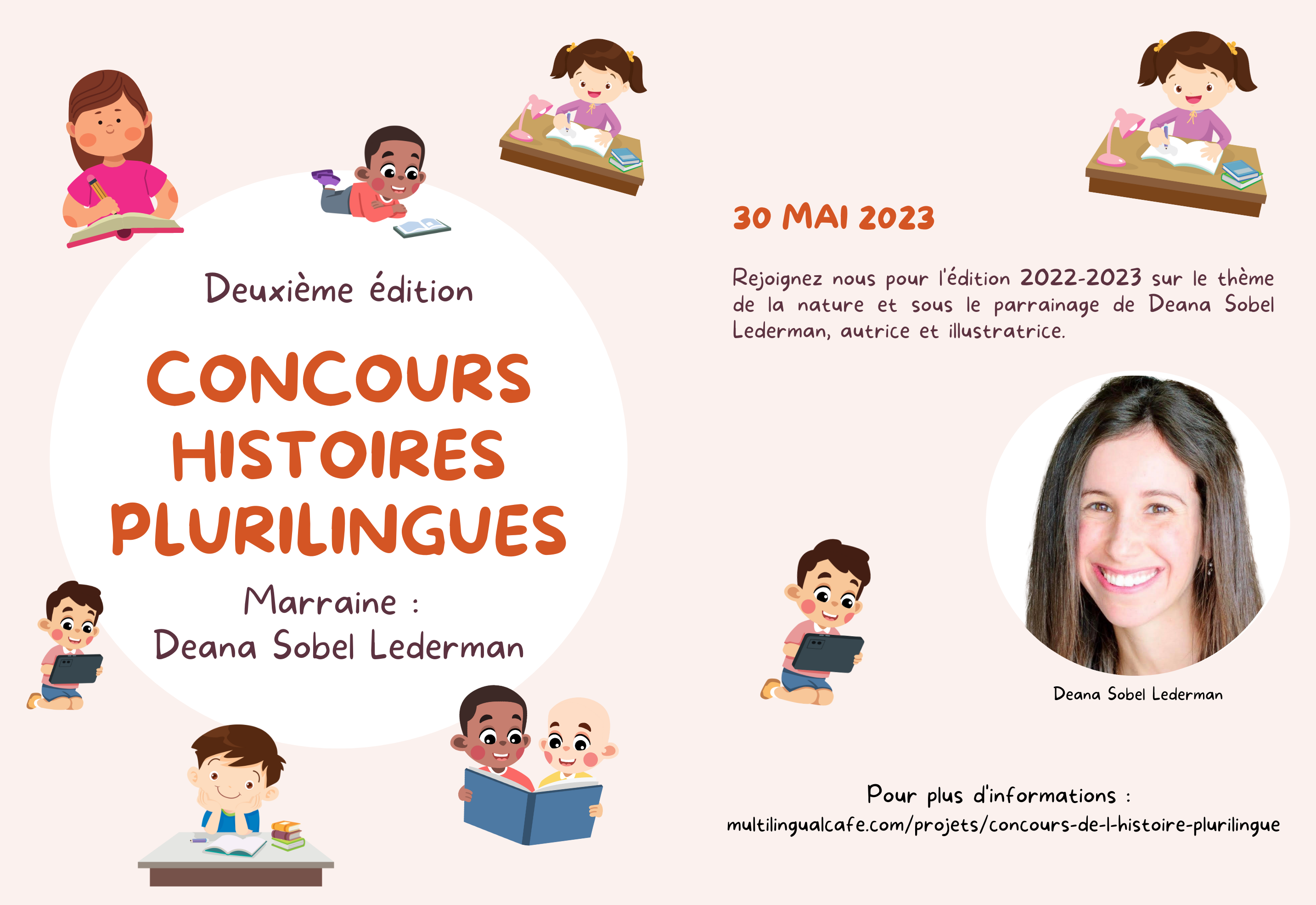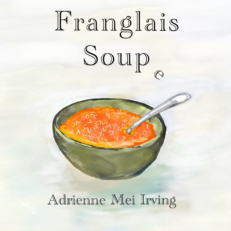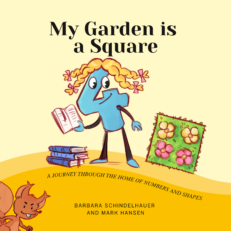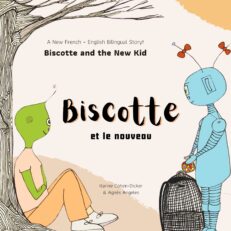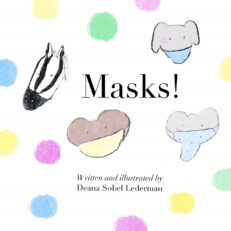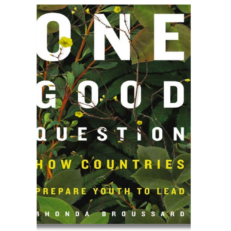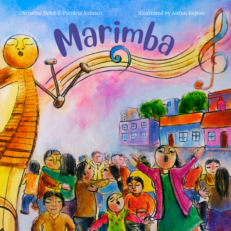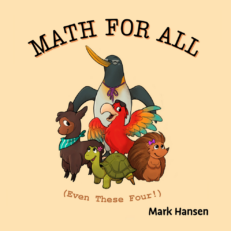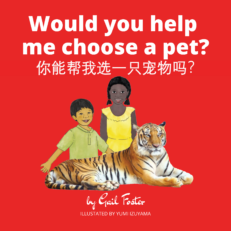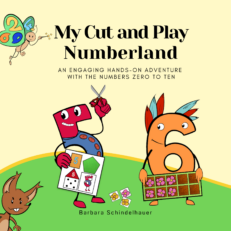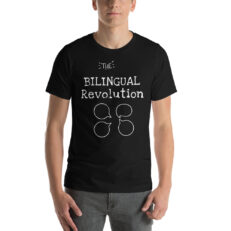
Call for Papers
The Center for the Advancement of Languages, Education, and Communities is delighted to announce a call for papers for an upcoming volume focusing on the transformative role of Artificial Intelligence (AI) in bilingual education. This publication aims to explore how AI technologies can empower parents, educators, and policymakers to enhance bilingual learning, promote cultural diversity, and address challenges in language education.
Authors can submit their texts in English or French.
We also recognize that the integration of AI in education brings potential risks and unintended consequences. Issues such as bias in AI algorithms, privacy concerns, and the possibility of reinforcing educational inequalities are important considerations. For example, recent criticisms have highlighted how AI detection software may show bias towards bilingual individuals. We invite contributors to critically examine these challenges and propose solutions to mitigate them.
Topics for Submission
We welcome contributions from anyone interested in this field. Whether you have practical experiences, personal stories, case studies, or ideas you would like to share, we invite you to submit your work on the following themes:
1. Understanding AI in Bilingual Education
- Demystifying AI for Non-Experts: Simplified explanations of AI technologies relevant to language learning.
- AI and Language Acquisition: How AI tools support cognitive and linguistic development in bilingual learners.
- Myths and Realities of AI in Education: Addressing misconceptions and setting realistic expectations.
2. Practical Applications for Educators
- Integrating AI Tools in the Classroom: Step-by-step guides and best practices for using AI applications.
- Enhancing Student Engagement: Strategies to motivate and engage students through interactive technologies.
- Personalized Learning with AI: Adapting instruction to meet individual student needs and learning styles.
- Professional Development: Training opportunities and resources for educators to upskill in AI technologies.
3. Empowering Parents through AI
- Selecting AI Language Apps for Children: Criteria and recommendations for effective tools.
- Supporting Bilingual Learning at Home: Tips and activities for parents to foster language development.
- Monitoring and Encouraging Progress: Tools for tracking children’s learning and maintaining motivation.
- Balancing Screen Time: Ensuring healthy technology use while maximizing educational benefits.
4. Addressing Risks and Unintended Consequences of AI
- Bias and Fairness in AI Tools: Examining how AI applications may inadvertently disadvantage bilingual learners.
- AI Detection Software and Bilingualism: Critiques of AI systems that show bias towards bilingual individuals.
- Ethical and Practical Reflections: Exploring the benefits, risks, and limitations of AI in education.
- Data Privacy and Security: Safeguarding student information and promoting ethical AI use.
5. AI in Educational Design and Teacher Training
- Personalized Didactic Materials: Using AI tools to create tailored learning resources.
- Multilingual Digital Textbooks: The potential of AI in developing adaptable, inclusive resources.
- Integrating AI in Teacher Training: Developing skills for prompting and creating content with AI.
- Evaluating AI-Generated Content: Methods for assessing and adapting AI-generated materials to bilingual contexts.
6. Policy Implications and Future Directions
- Inclusive Educational Policies: Ensuring equitable access to AI resources in diverse communities.
- Investing in Infrastructure: Funding strategies and resource allocation for AI in education.
- Global Perspectives: Case studies and lessons from international contexts.
7. AI Innovations and Future Trends
- Virtual and Augmented Reality in Language Learning: Enhancing immersion and cultural understanding.
- Natural Language Processing and Assessment: Using AI for evaluating language proficiency.
- Predicting the Next Decade: Emerging technologies and their potential impact on bilingual education.
Contributors
We welcome submissions from educators and teachers who can share practical experiences and classroom strategies; parents and guardians offering personal narratives and insights; researchers and academics presenting original research and theoretical analyses; policymakers and administrators discussing policy development and implementation; technology developers showcasing innovative tools and applications; and community leaders highlighting grassroots initiatives and community impacts.
Submission Guidelines
- Abstract: Up to 250 words summarizing the proposed chapter.
- Full Manuscript: Up to 8,000 words, including references. Please ensure that your submission is original and has not been published elsewhere.
- Formatting: APA style for citations and references.
- Biography: Include a brief biography (up to 150 words) highlighting relevant experience and affiliation.
Submission Timeline
- Abstract and Biography Submission Deadline: March 15, 2025
- Notification of Acceptance: March 28, 2025
- Full Manuscript Submission Deadline: August 15, 2025
Submission Email
Please send your abstracts and manuscripts to: editors-ai@calec.org
Objectives of the Volume
Our primary goal is to empower parents and educators by providing practical tools and knowledge to effectively integrate AI into bilingual learning. We aim to influence policy development by offering insights and recommendations that shape policies supporting equitable and ethical AI use in education. By fostering global collaboration, we strive to bring together diverse voices to share experiences and strategies from different cultural contexts. Additionally, we are committed to promoting ethical and inclusive practices by addressing challenges related to data privacy, accessibility, and the digital divide.
Why Contribute?
Contributing to this volume allows you to shape the future of education by influencing how AI is adopted in bilingual education globally. Your work will reach a wide audience, informing and inspiring parents, educators, and policymakers. You’ll have the opportunity to collaborate with experts, joining a network of professionals dedicated to advancing education through technology. Moreover, you’ll contribute to social good by helping bridge educational gaps and promoting cultural diversity and inclusion.
Additional Notes
The volume will use clear, jargon-free language to ensure accessibility for all readers. Authors may recommend apps, websites, and organizations for readers to explore further.
About the Editors
Sophie Othman is an Associate Professor at the Center for Applied Linguistics at the University of Franche-Comté. She is a member of the ELLIADD laboratory (Editions, Languages, Literatures, Computer Science, Arts, Didactics, Discourses). After completing a thesis on the integration of ICT in teacher training, she has participated in leading various national, European, and international digital projects. Her current research focuses on pedagogical support and instructional design in online training systems.
Fabrice Jaumont is a scholar-practitioner, award-winning author, non-profit leader, and education advisor based in New York. He currently serves as Education Attaché for the Embassy of France to the United States, a Research Fellow at Fondation Maison des Sciences de l’Homme in Paris, and an adjunct professor at Baruch College. He is President of the Center for the Advancement of Languages, Education, and Communities, a nonprofit publishing organization based in New York and Paris. He has published nine books on education, language, and development. Jaumont holds a Ph.D. in Comparative and International Education from New York University. He is the author of The Bilingual Revolution: The Future of Education is in Two Languages and Conversations on Bilingualism.
We look forward to your valuable contributions to this important discourse on leveraging Artificial Intelligence to enhance bilingual education for all. Together, we can empower individuals and communities through innovative, ethical, and inclusive educational practices.
